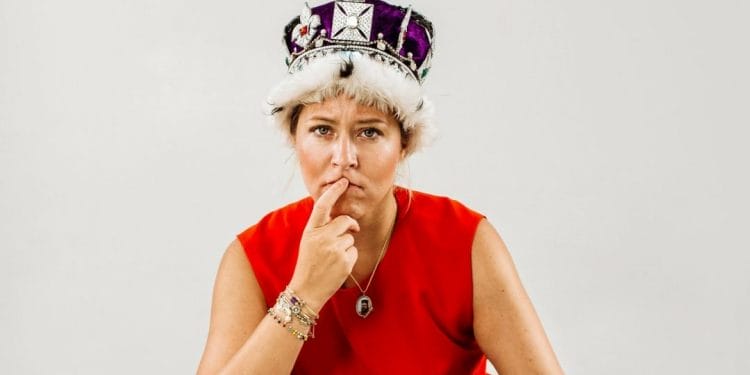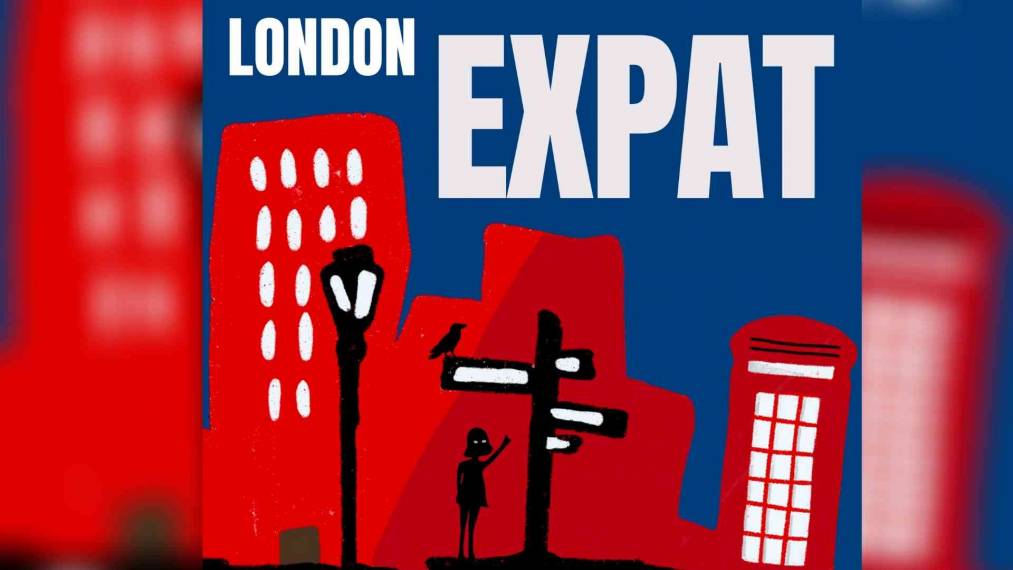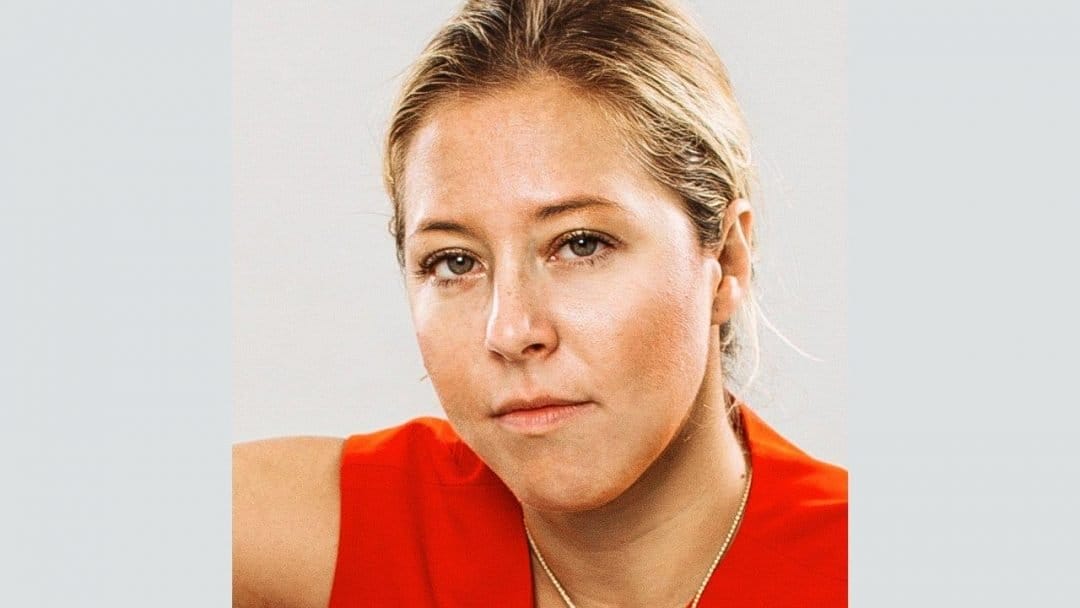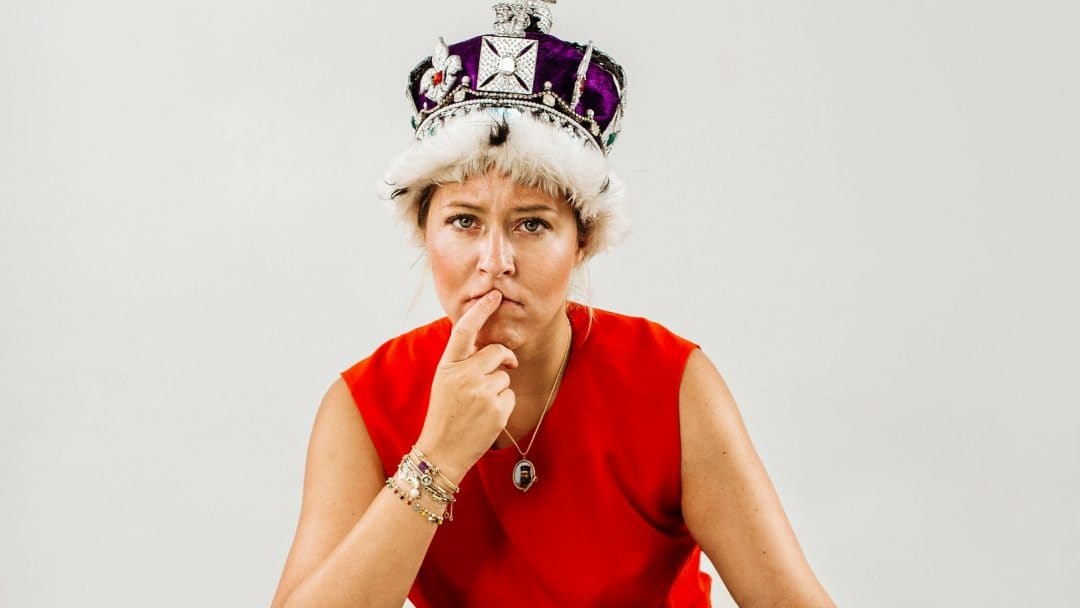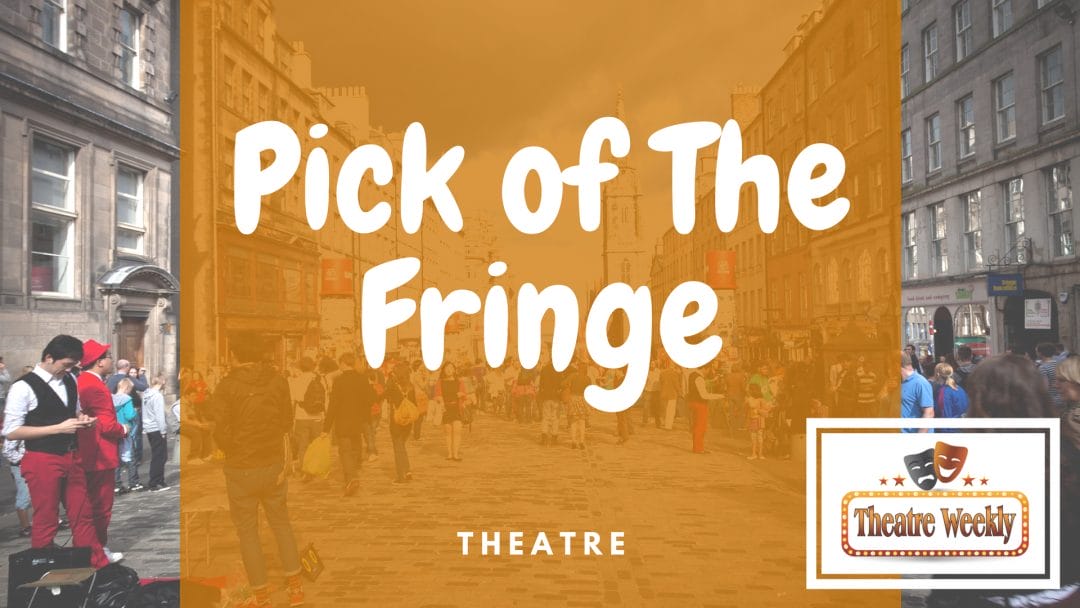Faced with the possibility of having to leave her home of ten years, Cecilia Gragnani is sharing her personal experience and testimonials of others to ask: what does it feel like to be an expat? A comic story of the encounter between a modern migrant and London – a contemporary El Dorado craved by generations of young Europeans – Diary of an Expat looks at the road to becoming a British citizen, embracing a new nationality whilst staying true to your roots, and the knocks your identity takes when no country claims you as their own. From amusing miscommunications to bewildering legal technicalities, Cecilia delves into the day-to-day of living in a country that can’t pronounce your surname.
When she arrived in the UK from Italy nine years ago, with a suitcase full of hopes, dreams and bags of pasta, Cecilia’s mission began: trying to become British whilst remaining deeply Italian. She started her exciting life abroad with thrilling adventures, a successful career and a vibrant urban lifestyle… kind of. Now, after numerous dubious jobs and weird encounters, Cecilia finds herself alone among the chaos of multi-ethnic, glamorous London whilst navigating the ever-present uncertainty of Brexit. Now turning her desires into reality has become a titanic endeavour as the European dream of life abroad slowly drifts away.
Writer and performer Cecilia Gragnani said, “The experience of the expat is fundamentally a lonely one. While interviewing many expats, I understood that, even among those who had settled in a community and felt part of it, the common feeling was a sense of loneliness. With this show I wanted expats like me to feel less lonely, to have their stories heard, to have a show where they could identify with the character, where they could see themselves and their journey, and perhaps feel less lonely afterwards.
“I wanted to try and portray these weird creatures who have taken control of the British Eden according to some political propaganda. We live in a society where we are encouraged to fear those who are different from us. I believe the opposite is necessary and that if we put ourselves in someone else’s shoes we can nurture empathy. I hope this show will create a dialogue between immigrants and native communities. This is not a critique of life in the UK, it’s an exploration of life in the UK from the perspective of a European who arrived welcomed, ended up being barely tolerated and might have no other option but to leave.”


